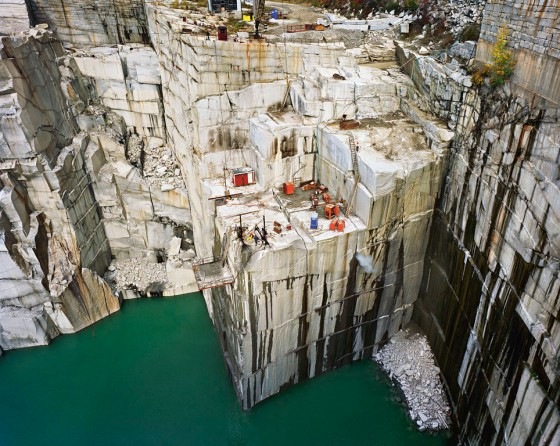So many kitchens. So many stone countertops.
Beautiful, swirling marbles. Rich chocolate caramel granites. Blues. Golds. Emerald greens. Works of astounding abstract art created by nature. And they’re durable and long lasting.
When I think back over the last two decades (you know, the ones that will be nothing like the next two) I keep coming back to the allure of stone countertops. It seems like the “upgrade” that no home could be (or sell) without.
Sure they were expensive. But that’s was the money you could justify spending. It was a feature you could see and would enjoy every day. I never hesitated to encourage our clients to enjoy shopping for that unique work of “natural” art that would be the centerpiece of their kitchen. I can see many of them now in my mind’s eye.
But there is a new image in my mind now. Something we had never seen, and probably barely thought about.
Back in 2010 my son Jesse opened my mind to this image, without intention. I had suggested he think about using the photographer Ed Burtynsky‘s work as the theme for an essay he was writing in college. He did. Cleaning his dorm room to come home the essay emerged from a pile of papers and I stopped to read it. What he saw and what he said about it opened my eyes.
Burtynsky is a landscape photographer who gradually shifted his interest from the tradition of natural landscapes to what he calls “manufactured” landscapes. As he describes this work:
Nature transformed through industry is a predominant theme in my work. I set course to intersect with a contemporary view of the great ages of man; from stone, to minerals, oil, transportation, silicon, and so on. To make these ideas visible I search for subjects that are rich in detail and scale yet open in their meaning. Recycling yards, mine tailings, quarries and refineries are all places that are outside of our normal experience, yet we partake of their output on a daily basis.
Jesse had chosen an image of a VT quarry and commented simply, “We do not think about where our kitchen counters come from and the hole they leave in the environment.”

That’s it. Right there.
“We do not think about where _________ comes from and the hole it leaves in the environment.”
One way that the next twenty years need to be different from the last twenty is in this simple understanding.
Can we see the quarry in our kitchen?
